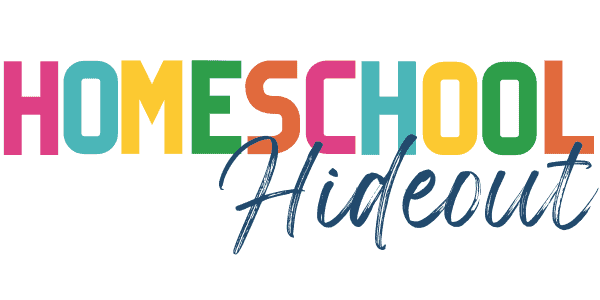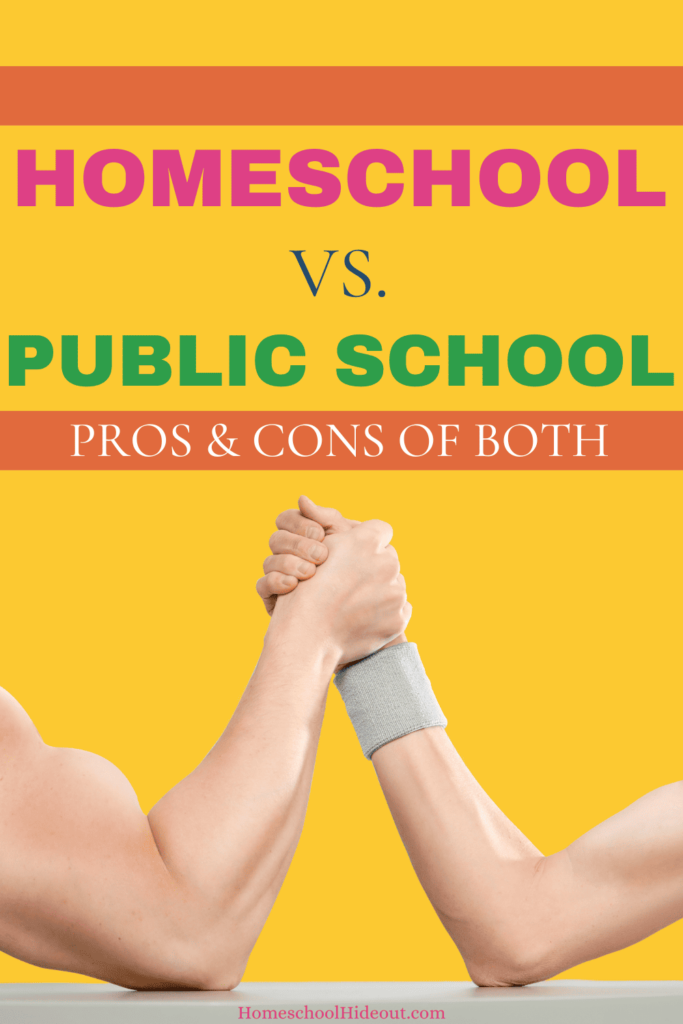Homeschooling vs. Traditional Schooling
The debate between homeschooling and traditional schooling has been ongoing for decades, with both sides having valid arguments. For instance, math tutors in Sydney suggest that homeschooling can be more beneficial for students who struggle in a traditional classroom setting. On the other hand, traditional schooling is seen as the norm and provides socialization opportunities for students. This article explores the pros and cons of both to help parents make an informed decision about their child’s education.
Pros of Homeschooling
Customized Learning Experience
Homeschooling allows learners to have a tailor-made learning experience where the curriculum and teaching methods can be adjusted according to their individual needs. This individualized approach often leads to better academic results as students can learn at their own pace and focus on areas that interest them.
Flexible Schedule
Homeschooling offers a flexible schedule, which is beneficial for families who have parents working unconventional hours or students with extracurricular commitments. Families can also plan for vacations during off-peak periods, avoiding the high costs and crowds of traditional school breaks.
Safe Learning Environment
Every child requires a safe learning environment to thrive. Homeschooling provides a safe and secure environment where parents can actively monitor their child’s progress. This type of learning also protects children from bullying and those with anxiety or other social challenges.
Cons of Homeschooling
Limited Social Interactions
One of the major drawbacks of homeschooling is the limited social interaction with peers. This can impact the development of social skills and hinder the ability to work in a team.
High Parental Involvement
Homeschooling requires significant parental involvement as they are responsible for creating and implementing the curriculum. This can be overwhelming for parents who have other commitments or who lack the necessary knowledge and skills to effectively teach their child.
Pros of Traditional Schooling
Social Life and Development
Schools provide kids with ample time to socialize and interact with their peers, helping them develop important social skills. They also have access to extracurricular activities, clubs, and sports teams that can further enhance their social development.
Access to Numerous Resources
Traditional schools often have a wide range of materials, from textbooks to technology, that students can utilize in their learning. This variety of resources can greatly enhance a student’s understanding and application of concepts.
Trained Teachers
Professional assistance is essential for a child’s education. Traditional schools have trained and experienced teachers who are equipped to handle various learning styles and needs. They also receive ongoing professional development to enhance their teaching skills.
Cons of Traditional Schooling
Bullying and Peer Pressure
School environments can expose children to bullying and peer pressure, which can negatively impact their mental health and self-esteem. This can also affect their academic performance.
One-Size-Fits-All Approach
Traditional schooling often follows a standardized curriculum, which may not cater to individual learning styles and needs. This can lead to students feeling disengaged or struggling to keep up with the pace.
Conclusion
It’s evident that both homeschooling vs. traditional schooling have their own set of pros and cons. It ultimately depends on you and your child’s needs, learning styles, and preferences. Ensure that you consider all factors before deciding on the type of education that is right for your child. At the end of the day, what matters most is that your child receives a quality education in a supportive and nurturing environment.







